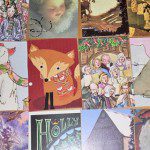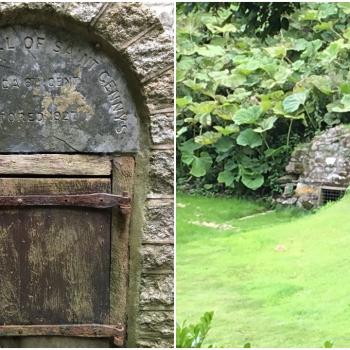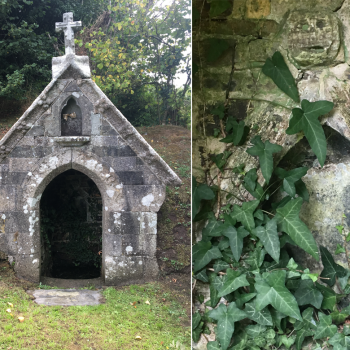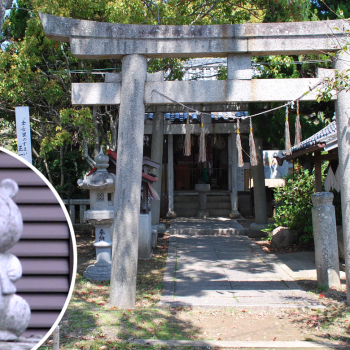I’m the only Pagan in my family, but I like to try and inject a little dash of Paganism into our Christmas celebrations. One of my favourite Pagan activities for Christmas that my whole family enjoys is making “Christmas rune cookies.”
Very simply, I’ll make some Christmas cookies with different runes cut into them. My favourite recipe is this Samhain soul cake recipe, but using raw cane sugar for a more “Christmassy” taste. Serve them with mulled wine, cider or Buck’s Fizz for a real Christmas feel!
Make sure you have a chart of the runes’ meanings handy; you can find plenty of rune charts online or in books. Then offer each person a cookie. They can either pick one that they just like the look of, or you can put them all in pouch so guests can’t see which one they are drawing. Your guests can then look up the rune on the cookie on the chart. The meaning of the rune will reflect what they can expect for the next year. If they like the rune that they’ve drawn, they should eat it. If they don’t like it, they should offer it to someone who would prefer that rune, cast it into fire, or put it outside for animals to eat.
When we first tried this two years ago, my husband drew a cookie with a Peorth/Hearth rune on it. We were looking to buy a house at the time so a rune meaning “Hearth” seemed like a very good omen. Sure enough, in the following year we succeeded in buying our first house. On the other hand, my sister who had recently given birth to her second son picked out the Inguz rune, which apparently can mean “fertility.”She refused to eat it as she’s quite happy with two children!
Of course, feel free to come up with your own variations. You might prefer to ice the rune designs on, or to cut the cookies in more interesting shapes. Or you can use your own divinatory symbols. Whether you decide to offer these rune cookies in a more ceremonial style among Pagan friends, or just treat them as a bit of fun with non-Pagan friends and family, it is an enjoyable activity that generally goes down well.
Christmas and New Year Divination
I don’t think fortune-telling activities like this are usually associated with Yule or Christmas. I think Pagans would associate divination with Samhain. This makes sense. Samhain is the time when the veil between this world and the spirit world is at its thinnest and therefore allows us to receive messages from the Otherworld more clearly. Moreover, Samhain is the Celtic New Year and people often want some kind of guide as to what the New Year has in store for them, so divination becomes particularly attractive. However, it should be remembered that there’s a considerable historical overlap between Halloween and Christmas traditions. Ghost stories, candles, candied fruit, costume parties and magic of all kinds have been associated with both festivals over the years. Perhaps because Christmas is more associated with the coming New Year than Halloween these days, some of the associations with Halloween and Christmas have become a little blurred.
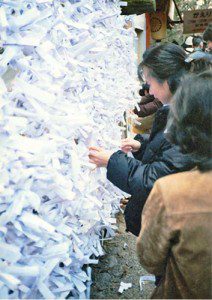
Divination is very much a part of Shōgatsu, Japanese New Year. This festival, which is now celebrated on January 1st just like New Year in the West, is the most important in the Shinto calendar. People take any dreams they have on the night of Shōgatsu very seriously as they are said to foretell the year ahead. I remember one Japanese friend telling me that she was delighted to have dreamt of Mt. Fuji on the night of one Shōgatsu, which is possibly the best omen one can have. Another popular activity that people may do while visiting a shrine at New Year is o-mikuji – a kind of fortune telling “raffle” where the participant receives a slip of paper that tells them how lucky they will be in the future. Some o-mikuji include slips of paper foretelling bad omens. If one draws a bad omen, they should tie it to a pine tree so that the tree traps the negative energy.
Some Japanese academics have suggested that the “fortune cookies” so popular in Western Chinese restaurants may actually originate from the o-mikuji tradition of Japan. If that’s the case, making rune cookies, or any other edible form of fortune-telling, is tapping into the spirit of Shinto new year traditions as well!



